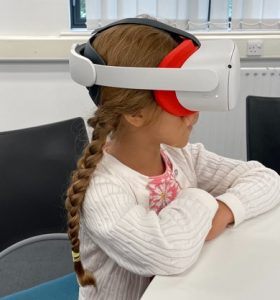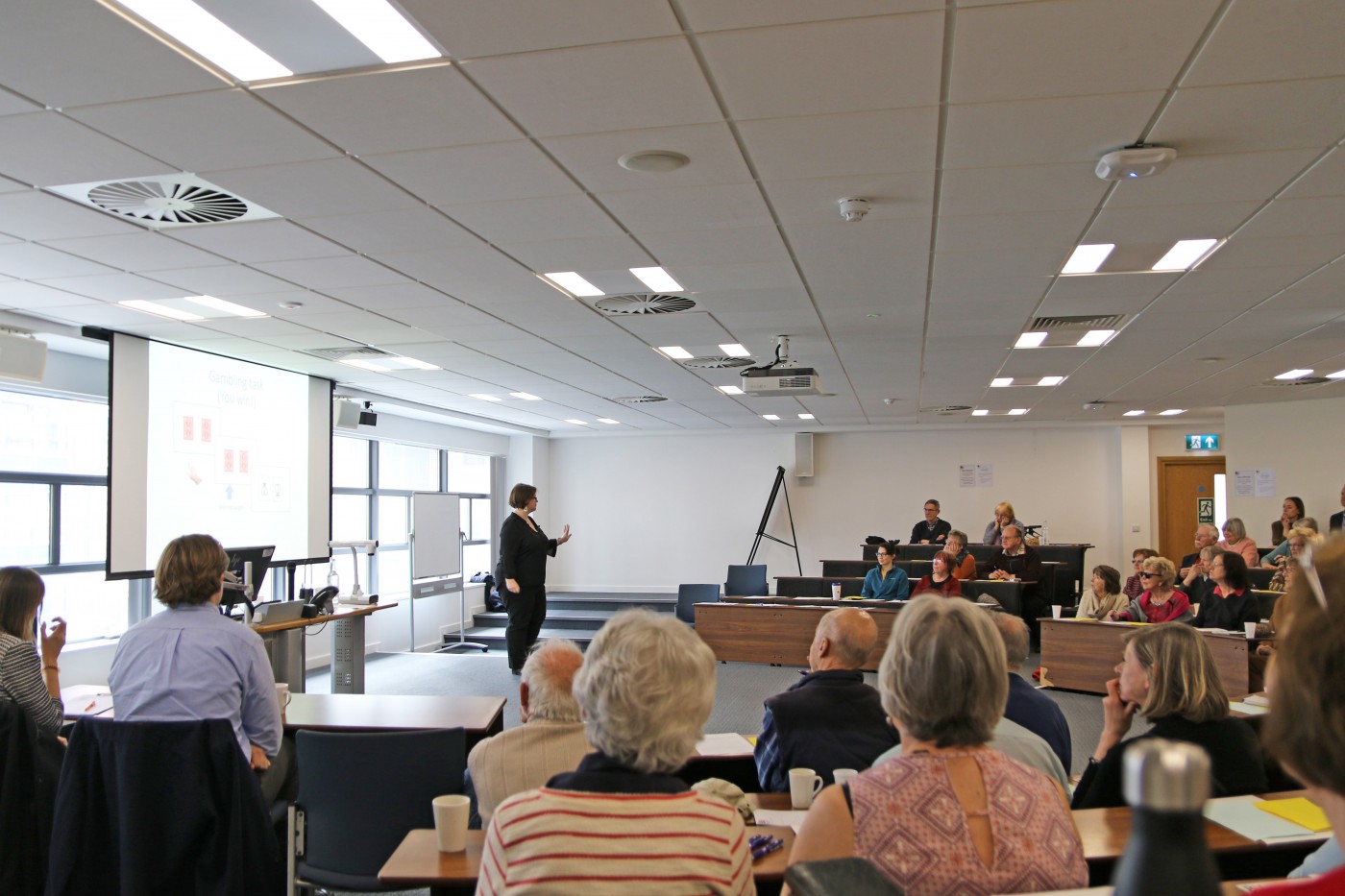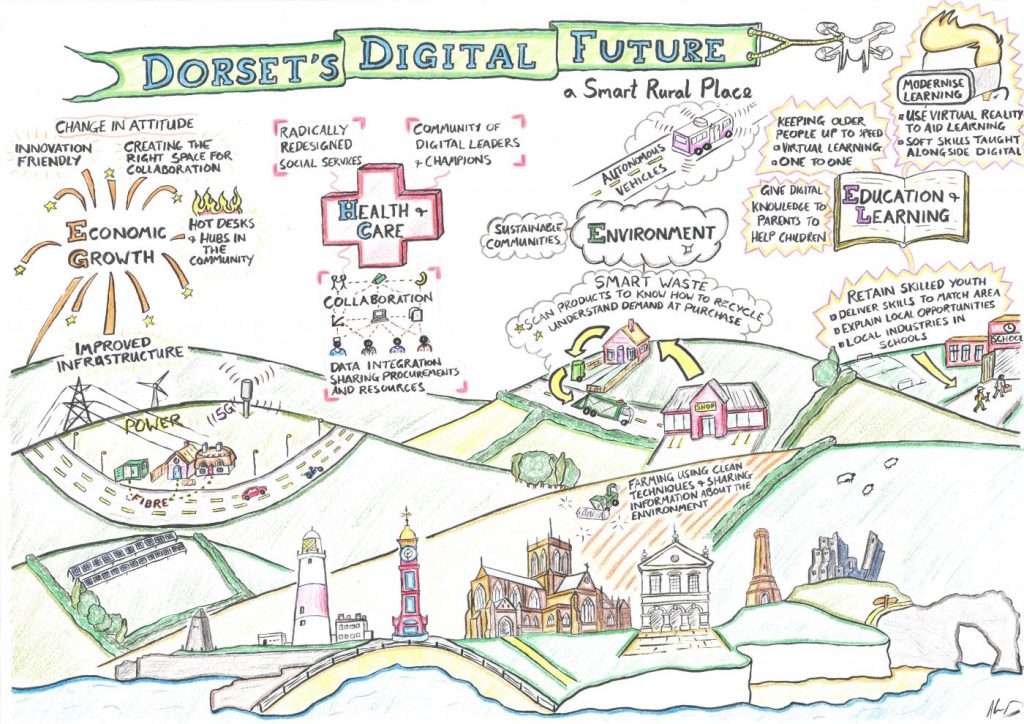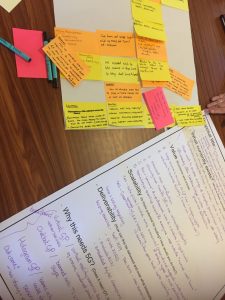The Centre for Seldom Heard Voices is delighted to invite you to a special international guest lecture featuring social anthropological research on ‘pacing adult womanhood’ in precarious situations, here through the case study of young women’s situation in Kosovo. Dr Rozafa Berisha (Manchester/ Prishtina), currently visiting the social anthropology sister programme in the Social Science and Social Work department through our Erasmus+ K107 programme in partnership with University of Prishtina, Kosovo, will present her research on Thursday, 27th April, 15:00 to 17:00 in EB-206. All interested staff and students welcome! More details are available in this poster: Rozafa Berisha poster
Tagged / HSS
HEIF Funded Project: VR Igloo
Developing and evaluating a novel interactive virtual reality intervention for children with eczema
Team: Dr Heidi Singleton, Yaqing Cui, Dr Xiaosong Yang, Dr Emily Arden-Close, Professor Steven Ersser, Professor Debbie Holley, Dr Sarah Thomas, Richard Glithro, John Moran, Dr Andy Hodder and Amanda Roberts (Nottingham Support Group for Carers (NSG) of Children with Eczema).
Aim: To co-create a complex VR health intervention based on the guided imagery approach to treating eczema (Ersser et al., 2014); targeted at children (aged between 7 and 11 years of age) (complex intervention development). This intervention is not a medical device but addresses a clinical issue and can be used at hospital or in the home. Our processes and outputs will be congruent with some of the staging of complex intervention development advised by the Medical Research Council (2021).

Evidence from our small-scale PPI project (Singleton et al. 2022), points to the need for an interactive VR innovation that provides an immersive experience to distract from itchy eczema with minimal requirements for contact with the child’s face or hands. To tackle this problem, we will design and develop a prototype system of an interactive “mini-VR igloo headset”. We will work with the Department of Design and Engineering to design and develop the prototype.
The two initial ideas for the engineering of the igloo are presented below. In keeping with a person-based approach these ideas will be discussed with our PIER group and will form part of the developmental work with our Nottingham based charity stakeholder partner.
This HEIF funding will enable this cross faculty team to work together (with external partners and Voice), with some additional paid staff to accelerate and maximise the development of a complex intervention to enhance its potential for impact. It will also provide us with several prototypes to test at BU events.
COVID-19 vaccine uptake among the ethnic minorities in Dorset
In a collaboration with the NHS Dorset Clinical Commissioning Group (CCG) and support from the Dorset Race Equality Council (DREC), Bournemouth University has completed a study on ‘Covid-19 vaccine uptake, hesitancy and barriers among the ethnic minorities in Dorset’ [1]. The study explored the perspectives of community health ambassadors from ethnic minorities in Dorset on (i) the impact of COVID-19 (ii) provision of health care services during the pandemic (iii) COVID-19 vaccine uptake level, and (iv) challenges and barriers to vaccine uptake. Six interviews were conducted with community health ambassadors affiliated with the DREC.
Mental health problems were reported as the key impact of COVID-19 among the ethnic minority communities in Dorset. Participants stated that COVID-19 infection, losses of jobs and income, and disruption in their tightly knit community culture could have triggered mental health issues among these community groups. Many of them were unable to use remote health consultations due to their lack of technical knowledge, equipment and education level. However, younger members were reported to have used it frequently and efficiently.
Initially, there was a greater level of suspicion and reluctance towards the COVID-19 vaccine in these communities in Dorset coupled with rumours and misinformation. However, as more ethnic minority community members, including the influential leaders (such as Imams of the Muslim community), took the vaccine and conveyed positive messages after vaccination, people had started to accept it. Ethnic minority community groups also invited doctors and other health care professionals from their community to present factual information regarding COVID-19 and its vaccine-related issues which had encouraged people for vaccination.
Participants pointed out three key challenges for the COVID-19 vaccination; (i) the lack of trust and confidence in government messages and the vaccination campaign, (ii) rumours and misinformation, and (iii) a lack of clarity regarding the reasons behind the increased risk of COVID-19 in ethnic minority community members. This study identified an urgent need for evidence-based interventions to improve trust and confidence in government health messages and health initiatives (such as the COVID-19 vaccination) in these communities.
The study team comprised Dr Nirmal Aryal (Principal Investigator), Prof Vanora Hundley, Prof Edwin van Teijlingen, Dr Rebecca Edwards (all from Faculty of Health and Social Sciences), and Sara Bonfanti (Senior Insight Lead, NHS Dorset CCG). The previous work from this team for the project ‘The Dorset Recovery Insights’ informed to shape this study [2].
References
- Aryal N, Hundley V, van Teijlingen E, Edwards R, Bonfanti S. (2021) COVID-19 vaccine uptake, hesitancy and barriers among the ethnic minorities in Dorset. Bournemouth University: Bournemouth, United Kingdom.
- Aryal N, Hundley V, van Teijlingen E, Edwards R, Bonfanti S. (2020) The Dorset Recovery Insights. Bournemouth University: Bournemouth, United Kingdom.
Share your health research at a BU Public Lecture Day – expressions of interest

We will be holding the next in our regular series of Public Lecture Days on Monday 6 April, and are currently seeking expressions of interest for delivering a talk.
The theme for the day is health, so if your research has implications for health then please get in touch. We’re particularly interested if you can translate your work into advice or recommendations for improving health, especially as it relates to older people, though this is not a requirement.
The event will be held on the afternoon of Monday 6 April 2020, including a catered lunch. Your talk would need to be suitable for an adult public audience unfamiliar with your field of research, lasting around 50 mins including time for questions.
If you are interested in being involved, please email publicengagement@bournemouth.ac.uk with the following details;
- Your name
- Career stage (PGR, ECR, Professor etc)
- Brief description of the research you’d like to talk about
- Why the audience would be interested in this talk and what they would gain by attending
- Why you would like to do this talk and what it would do for you (e.g. skills, experience, feedback)
Please understand that we have a limited number of slots for speakers, so it is not guaranteed that you will be included. However, we will do our best to let you know as soon as possible, and can advise you on finding alternative opportunities if necessary.
Public engagement training
If you’re interested in improving your public engagement with research, why not sign up to our upcoming training courses? Join ‘Getting started in public engagement’, ‘High quality public engagement’ and ‘Evaluation: Developing your approach’.
HSS Lunchtime Seminar Session on Wednesday
Professor Ann Hemingway and Dr Katey Collins will be sharing their latest research at a lunchtime seminar session on Wednesday (13th November). All are very welcome to attend. The session will run from 1:15 – 2:00 in B321, Bournemouth House. Please feel free to bring your lunch.
5G Rural Dorset: what would health look like with 5G?

Visualisation of the transformative effect of 5G

Template for developing user cases – we explored rural GP surgeries and vulnerable users
The project team heading the work have invited the public and experts to work together to scope out potential user cases along the four themes identified in the SMART Rural Dorset work. Professor Debbie Holley attended to represent HSS at the event exploring 5G in health, facilitated by Colin Wood and the Rural Connected Communities team at Dorset Council. At the event, there was an ideas generation exercise, followed by team working to map out user case scenarios showing the improvement and benefit 5G would offer rural Dorest in terms of enahncing access to health care.
More information, including a series of videos explaining what 5G is about are available on the project website
Ageing & Dementia Research Centre
In the spirit of Dementia Awareness Week (20th-26th May), we would like to talk to you about Bournemouth University’s Ageing & Dementia Research Centre (ADRC).
850,000 people in the UK are estimated to be living with dementia. Almost 5% of those over 65 in the UK have recorded prevalence of the disorder.
Dementia is caused when the brain is damaged by diseases such as Alzheimer’s disease or strokes. Dementia describes a set of symptoms that may include memory loss or difficulties with problem solving or language.
The ADRC is led by Professor Jane Murphy and Professor Jan Weiner, supported by staff and students from the Faculty for Health & Social Sciences and the Faculty of Science and Technology.
The centre’s research is significantly impacting theory, education and professional practice around dementia. The extensive lists of researchers who are part of the project aim to collate expertise to develop person-centred research which will improve the lives of people with dementia and their families.
Research can be categorised by three broad titles: ‘Developing Ageing & Dementia Friendly Environments’, ‘Nutrition & Wellbeing’ and ‘Activity & Social Inclusion’. Each topic builds on a wealth of research knowledge and projects already taking place at BU.
For example, under ‘Activity & Social Inclusion’, research intervention and evaluations are driving innovative best practice in health promotion and social care delivery, enabling carers and families to support those with dementia.
To hear from Professor Jane Murphy about her research and experience at the recent ‘Charity Impact Networking Day’ follow this link.
Follow the ADRC on twitter here.
Contact ADRC:
Email: ADRC@bournemouth.ac.uk
Telephone: 01202 962536
New multicentre international trial published in world leading respiratory medicine journal
Prof Alison McConnell of HSS’s iWell Research Centre has been part of an international, multi-centre placebo-controlled trial of adjunctive inspiratory muscle training for patients with chronic obstructive pulmonary disease (COPD). The trial, published in this month’s edition of the journal Thorax (impact factor 8.272) tested whether the addition of specific training of the inspiratory muscles enhanced the benefits to patients of traditional pulmonary rehabilitation programmes. It’s well-established that when undertaken separately, both interventions are effective; improving exercise tolerance, breathlessness and quality of life. However, there has been great controversy about whether adding the two interventions together provides superior outcomes.
The trial involved five centres in Europe and Canada, and 219 patients with COPD, taking 6 years to complete. The data indicated that exercise endurance time and breathlessness improved to a greater extent in patients who received rehabilitation plus inspiratory muscle training. The study also found that, irrespective of group allocation, those participants who achieved the greatest improvement in their inspiratory muscle function, also showed the greatest improvements in functional and clinical outcomes.
The full paper is available via Open Access here:
http://thorax.bmj.com/content/thoraxjnl/early/2018/06/18/thoraxjnl-2017-211417.full.pdf











 Dr. Ashraf cited on ‘Modest Fashion’ in The Guardian
Dr. Ashraf cited on ‘Modest Fashion’ in The Guardian NIHR-funded research launches website
NIHR-funded research launches website Academics write for newspaper in Nepal
Academics write for newspaper in Nepal New paper published on disability in women & girls
New paper published on disability in women & girls Global Consortium for Public Health Research 2025
Global Consortium for Public Health Research 2025 MSCA Postdoctoral Fellowships 2025 Call
MSCA Postdoctoral Fellowships 2025 Call ERC Advanced Grant 2025 Webinar
ERC Advanced Grant 2025 Webinar Horizon Europe Work Programme 2025 Published
Horizon Europe Work Programme 2025 Published Horizon Europe 2025 Work Programme pre-Published
Horizon Europe 2025 Work Programme pre-Published Update on UKRO services
Update on UKRO services European research project exploring use of ‘virtual twins’ to better manage metabolic associated fatty liver disease
European research project exploring use of ‘virtual twins’ to better manage metabolic associated fatty liver disease